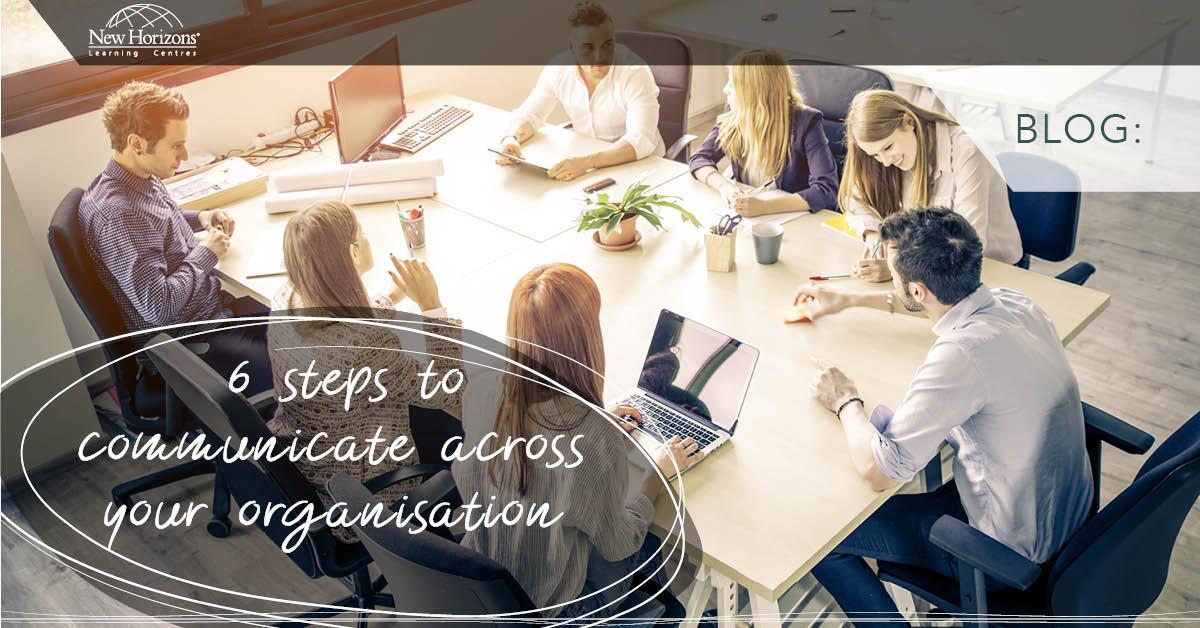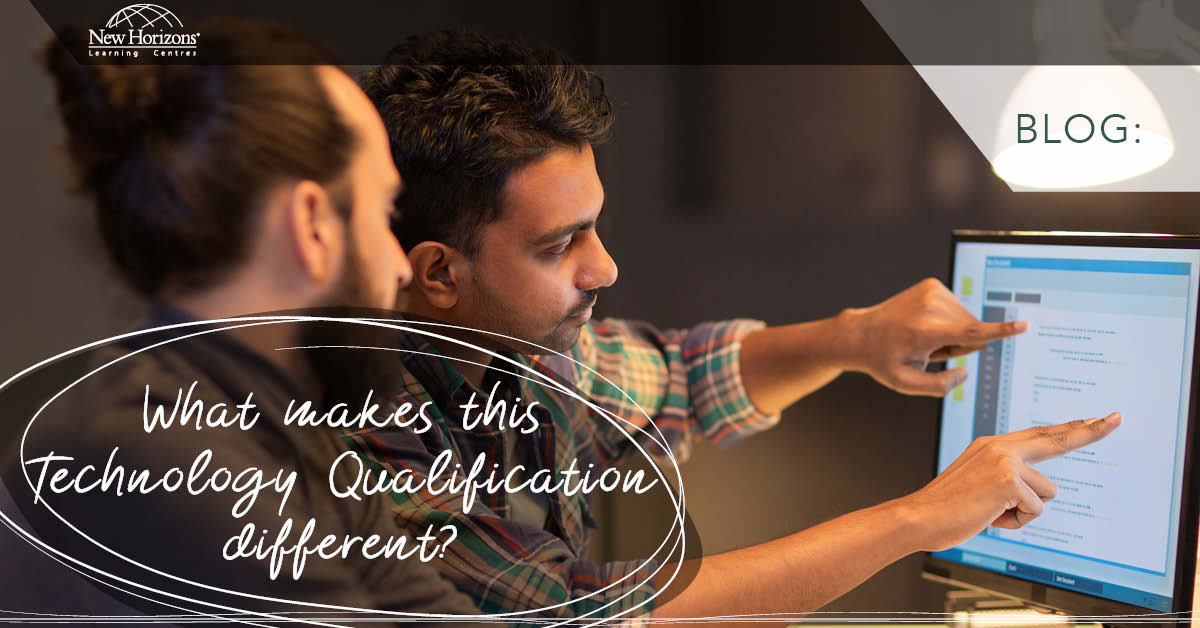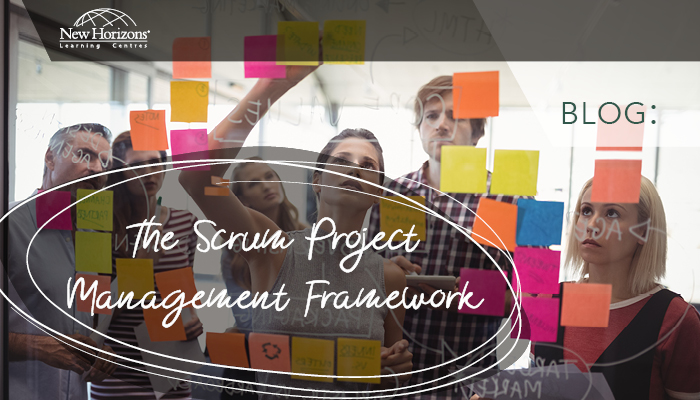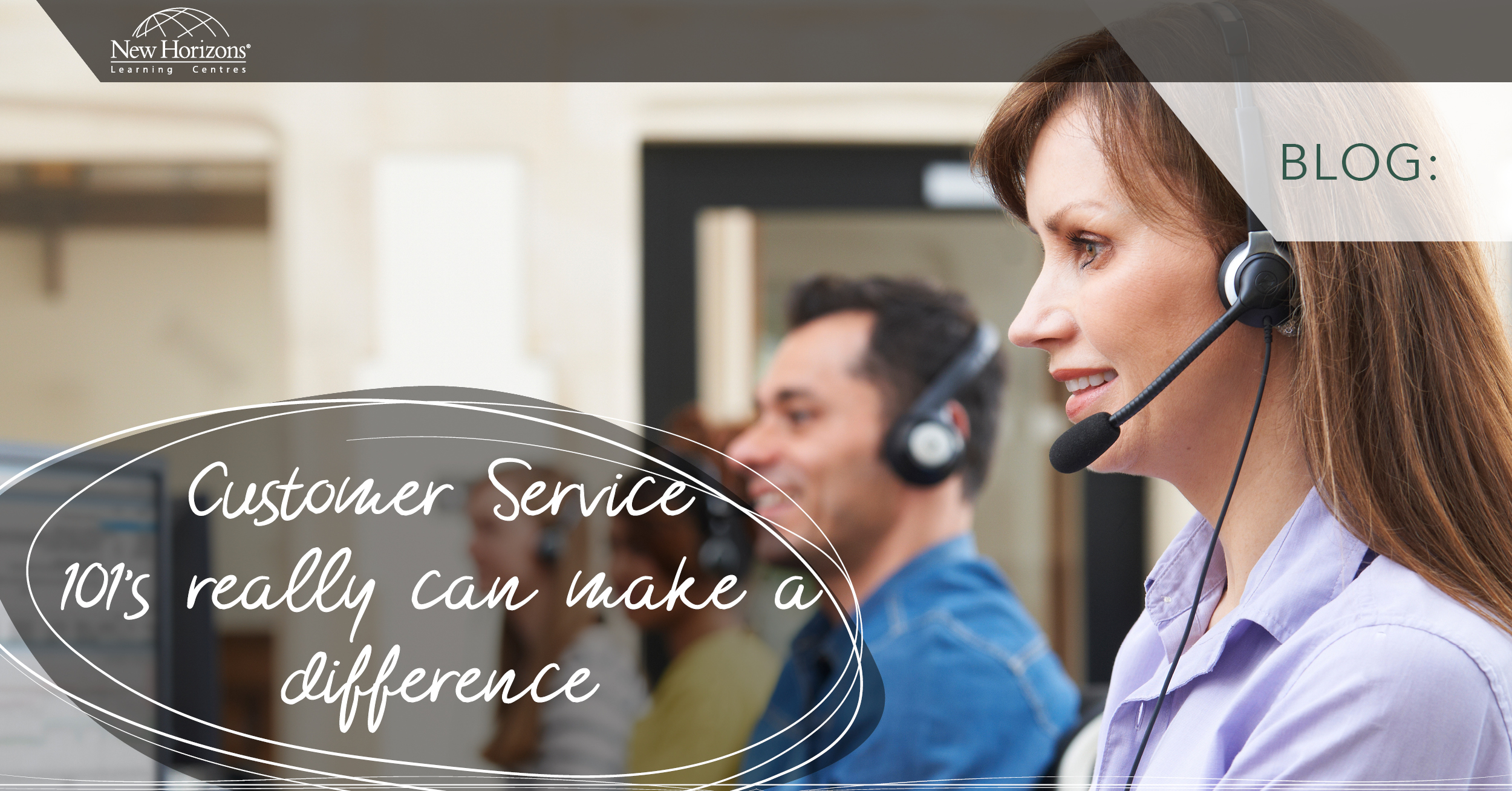
Nov 09, 2016
I’d like to relay an incident that occurred recently, while facilitating a course at New Horizons. I noted that some students seem to be checking on their mobiles quite frequently and wondered gently out aloud whether they were actively engaged in what we were discussing. (I also wondered whether I’d been clear enough about the arrangements regarding phone use, whether I was engaging the group sufficiently, and whether they realised how their actions might be perceived by the rest of the class.)
The response from one student really made me think about this need for connectivity to electronic devices, hence today’s blog topic. He revealed that he had a problem concentrating and that he worked better with snippets of information. As an example, he pointed out that the short news highlights that came up on his mobile, pretty much covered his need-to-know; he didn’t want to read long articles. Barbara McMahon reports Microsoft’s recent study which found that people stay focused for about 8 seconds before other technology interrupts them, like phone calls and social media alerts. This is down from the 12 second attention span recorded in 2000.
(In Post Magazine, News Syndication – The Times of London, 2015)
Additionally, the study revealed another myth, that of Alternating Focus – switching between different tasks. One of the so-called advantages of being connected is that it is convenient and saves time. Neuroscience Professor Earl Miller (at M.I.T.) maintains that that we can’t multitask; what we do is alternate between various tasks. He believes that the brain creates the illusion that we can multitask. Far from saving time, we may miss things because we are not focused on one task at a time. He gives the example of someone speaking on their mobile while driving. When you were focused on your driving, the road seemed clear, but if conditions changed, and you were focused on your mobile, you might miss a changed traffic condition and have an accident.
Another point made by my student was what he called FOMO. I’d never heard of it but it stands for “Fear Of Missing Out” which he believed affected many of his peers. I’ve also come across the term “disconnectivity anxiety”, again alluding to not wanting to be unplugged from the plethora of information, stimuli and social contact around us. “DA is associated with symptoms of worry, negative emotions, such as fear, anger, frustration, and despair, and physical distress.” according to Dr Jim Taylor, cited in the Huffington Post, May 25, 2011. Being connected fulfils the social contact need of humans, and constantly monitoring one’s devices, even if there’s no contact at that time, allows for that connectedness to occur at any moment. Back to my student, who far from wanting to offend, or being disinterested in the class, ended up giving me an authentic window into a generation that has never not been connected.
Finally, I’d like to reveal that the course that I was facilitating, was Emotional Intelligence. Ironic because for all the “connectedness” and other benefits that technology provides, there may be an “isolation from the real world… lowered social skills, self-motivation, emotional intelligence, and empathy… Mental health concerns increase with society’s reduced social interactions resulting from increased technological use and dependence on social media for communication.”
Scott, D.A., Valley, B. & Simecka, B.A. Int J Mental Health Addiction (2016). doi:10.1007/s11469-016-9684-0
How do your Excel skills stack up?
Test NowNext up:
- The power of creation at your fingertips
- Geek Time is back baby!
- Document management in Exchange Server 2016
- SharePoint 2016 Newsfeeds
- HR automation: Supercharge your performance reviews
- Updates to Angular 2 that make coding easier – Router Component
- How powerful are your presentations?
- What does it mean to deliver training and facilitate learning?
- InDesign CC multiple page size documents
- Animating with Adobe CC: Part 1 – Creating character designs with Illustrator CC
Previously
- The power of creation at your fingertips
- Why do I need to run a Preflight in InDesign?
- 3 TED Talks on the importance of failure
- Designing your organisation’s training programs
- Using PowerShell to find dead computers in Active Directory (AD)
- Am I using PowerPoint effectively?
- Dreamweaver CC – Pop up thumbnails of image and colour filenames
- Troubleshooting startup issues in Windows 10
- Create a chart with a secondary axis in Excel 2016
- PowerShell Basics series – PowerShell Blog Index













